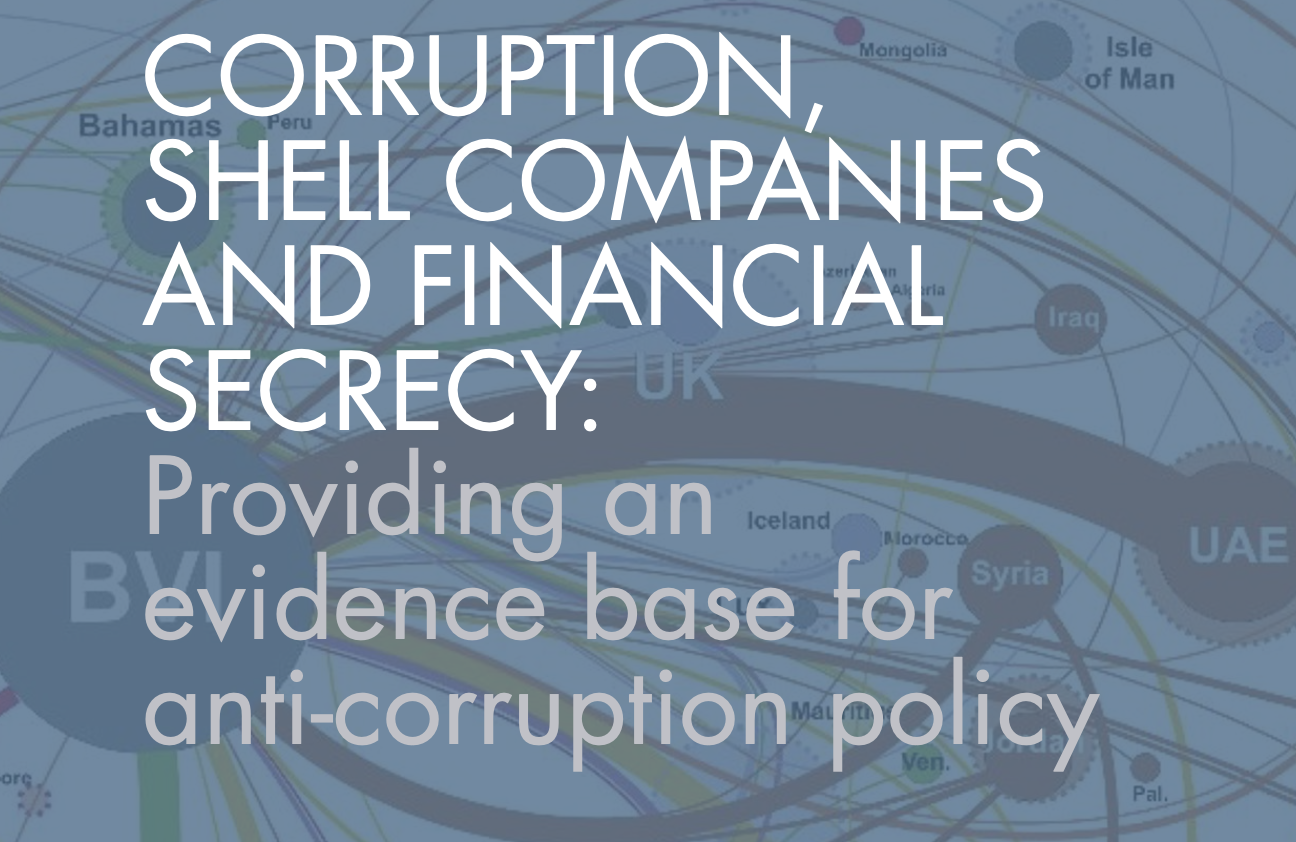Can crisis preparedness prevent corruption in emergency responses?
Much attention was devoted to the corruption that dominated emergency responses during…
The climate crisis is currently affecting food prices, with the biggest impact on the most vulnerable populations. Practitioners and researchers are working hand-in-hand at the African Market Observatory at the University of Johannesburg to ease these impacts and improve food security.
To learn more about the broader topic of corruption and commerce, explore this GI-ACE project.
Eight new GI-ACE research projects across three themes will be announced soon – watch this space.

On June 27th, we launched a research report on global shell companies and offshore financial secrecy. The newly generated research uses big data analytics and global mapping to provide an important evidence base for anti-corruption policy-making in the future. The work was led by Daniel Haberly, University of Sussex.
From March 9-11, 2022, the GI-ACE programme brought together all research teams, practitioner partners, and stakeholders in government and civil society to a celebratory closing event in London. This event shared findings and progress made by the programme over the course of three years.

Click through to read our end-of-programme report! This team would like to express our sincerest thanks to our research teams, their host institutions and all their partners, as well as colleagues from civil society, the private sector, governmental and international organizations and media around the world who have contributed their thinking and served as thought partners throughout. This report showcases the important work done by our partners and the journey we took to get here.
This project investigate the laundering of monies and reputations by elites from African and Central Asian kleptocracies by looking at the due diligence requirements in the banking, real estate, charitable and public relations sectors.
Research partners around the world, funded by UK aid from the British people.
Practical research in priority areas of anti-corruption work, currently focused on: global finance, global trade, and vulnerable sectors, with nineteen projects so far.
To generate actionable evidence for use in designing and implementing more effective anti-corruption initiatives.
A behavioural approach is adopted to develop and test an anti-corruption intervention in the Tanzanian health sector, recognising that social norms can fuel practices of gift-giving and bribery between health service providers and users.
Much attention was devoted to the corruption that dominated emergency responses during…
A new report from the Global Integrity Anti-Corruption Evidence Programme (GI-ACE) entitled…
This is a crosspost from OpenOwnership, in response to Jackie Harvey’s research…
Professor of Anti-Corruption Practice, Robert Barrington (@CSC_barrington) and @Sussex_SCSC discussed corruption in Gibraltar for @AnticorruptBlog
💥New episode on the US's #anticorruption strategy 🇺🇸
This week, @LizDavidBarrett speaks to @RichardMNephew about the US's multi pillar strategy, strengthening the multilateral anti-corruption architecture and the recent #COSP10 🌐
Always good to meet up with alumni of our @Sussex_SCSC Masters in Corruption & Governance - this time at the OECD #anticorruption and integrity forum!
@CSC_barrington
Come and work with us and all the excellent researchers on the #GI_ACE programme at @Sussex_SCSC !
https://jobs.sussex.ac.uk/job/0f27296c-0e98-4031-b407-30b6a822b404